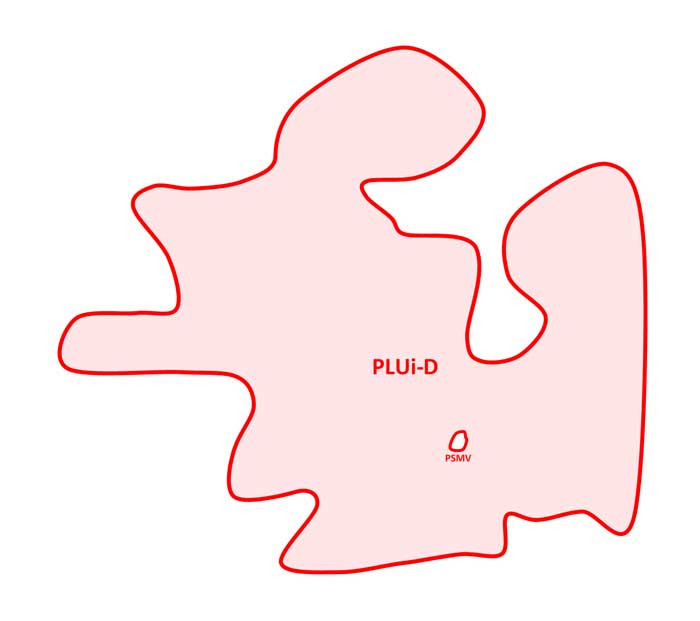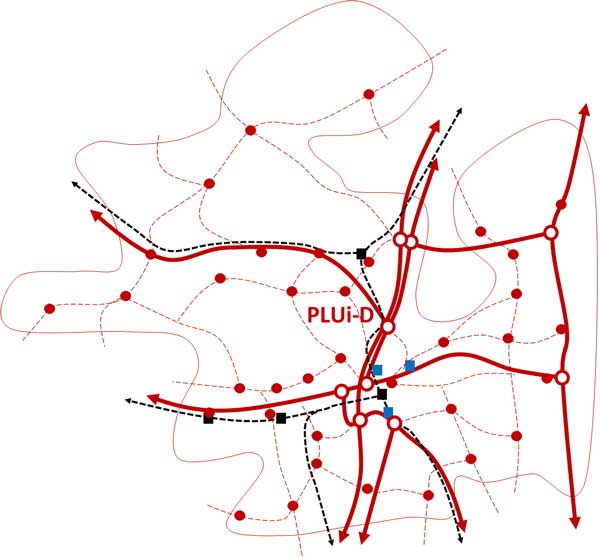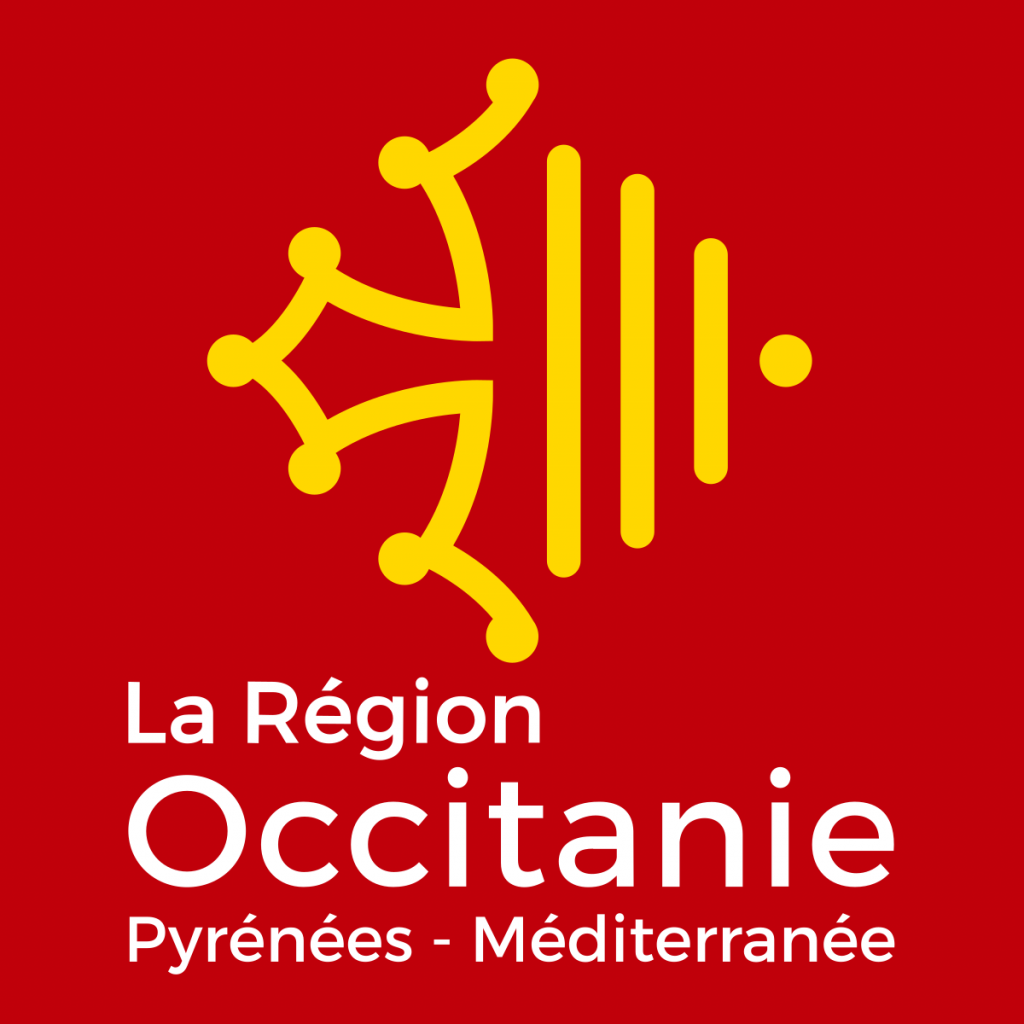Local Inter-municipal Urban Plan Transportation
The PLUi-D is a planning and regulatory urbanism document for the 36 communes of Perpignan Métropole.
The Local Intercommunal Urban Plan for Transport (PLUi-D) of Perpignan Méditerranée Métropole
Preserving and enhancing the specific characteristics of each municipality, it ensures that municipal guidelines and community strategy are linked. It thus guarantees the good cohesion of the various public policies between them. Once finalised, the PLUi-D will thus be the translation of political and strategic orientations in terms of land use planning, organisation of space and transport, thus replacing the communal urban planning documents which will remain in force until its approval.

A "Transport" section integrated into the PLUi
Perpignan Méditerranée Métropole already has an Urban Travel Plan (PDU) that needed to be revised, and has seized the opportunity to combine this process with the development of the PLUi, thus ensuring better coordination between urban planning and travel policies. For example, the "D" section will have to deal with the organisation of public transport, the development of soft modes of transport (cycling, pedestrians, etc.) and accessibility to public transport networks by disabled people or people with reduced mobility.

The content of the PLUi-D
It consists of the same documents that make up the PLU:
- A presentation report which establishes a territorial diagnosis and the prospects for development. It also draws up the state of the environmental situation prior to the proposed development project, which it presents and then assesses the impact of this project on the environment.
- A Sustainable Planning and Development Project (PADD) which is the key document of the PLUi. It sets out the political choices for planning and development made by the elected representatives for the years to come.
- Planning and programming guidelines (OAP) which specify the guidelines for each sector at stake or according to certain themes (green frame, landscapes, city entrances, etc.).
- Town Planning Regulations which translate the orientations of the PADD into precise rules for land use and building. It is itself composed of written regulations and corresponding graphic documents defining several types of zoning (urban, urbanisation, agricultural, natural and forestry zones, etc.). It is completed by the list of reserved sites and by any specific perimeters (massing plans, epannelage, elements of the built heritage, etc.) - Appendices such as, for example, the numerous public utility easements (including in particular those resulting from the Risk Prevention Plans), the prescriptions of an Aircraft Noise Exposure Plan, the various perimeters setting out development sectors (ZACs, etc.) or the Urban Right of Preemption.
Completed by :
- A Programme of Guidelines and Actions (POA) dedicated to the "transport" section. This is a specific document, allowing the implementation of the community's transport and travel policy.
Its objectives
The PLUi-D must therefore enable the organisation of a coherent and sustainable development of the community territory, in particular:
The precise objectives of the PLUi-D are listed in the prescription deliberations:
Its main stages
During its preparation, the PLUi-D has already been the subject of a territorial diagnosis presenting the initial elements of the initial state of the environment and highlighting the main trends in terms of travel, demographic growth, housing and equipment needs.
Expressed very clearly in the form of general guidelines, its Sustainable Planning and Development Project, which defines the political ambitions in terms of development strategy and land use planning, was also debated at the Community Council on 23 October 2017.
Are you interested?
To send your comments and contributions to the development of the project :
- A specific e-mail address: plui-d@perpignan-mediterranee.org
- An electronic register at the following address https://www.enquete-publique.perpignanmediterraneemetropole.fr/concertation-publique
- On paper, at the head office of Perpignan Méditerranée Métropole Communauté Urbaine and at the town hall in each of the member towns, during normal working hours.


